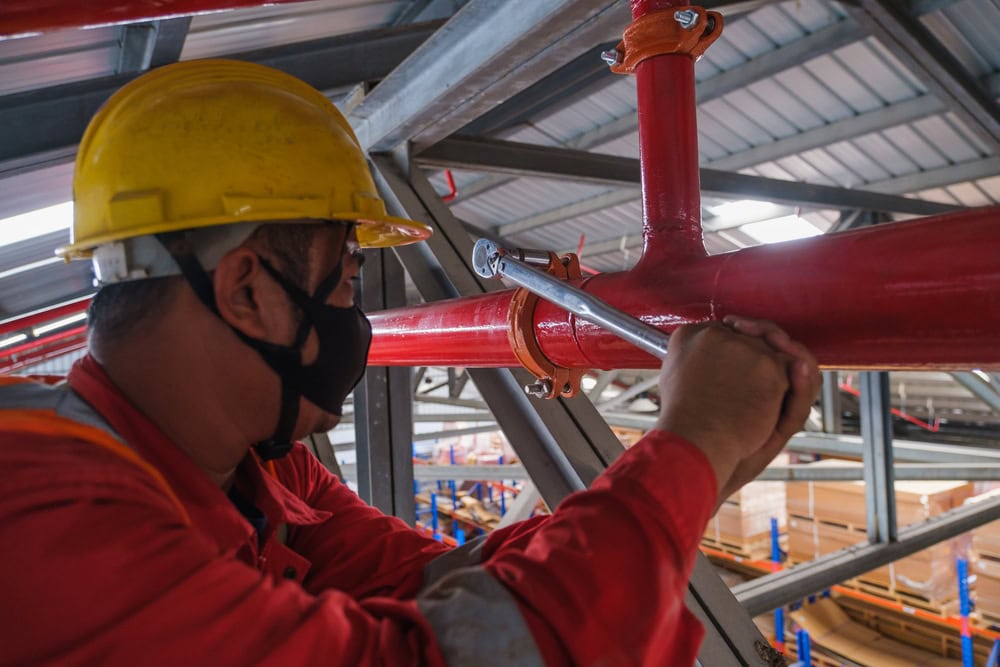A Complete Guide to 2025 Contractor Insurance Requirements
California’s contractor insurance landscape has undergone significant changes, bringing new requirements that every contractor must understand. Whether you’re preparing for your license exam or updating your existing coverage, staying compliant with these regulations is crucial for your business success. The evolving nature of construction risks and recent legislative changes have made insurance coverage more critical … Read more










